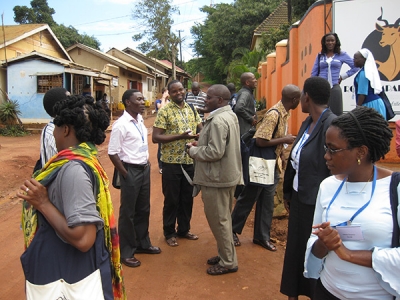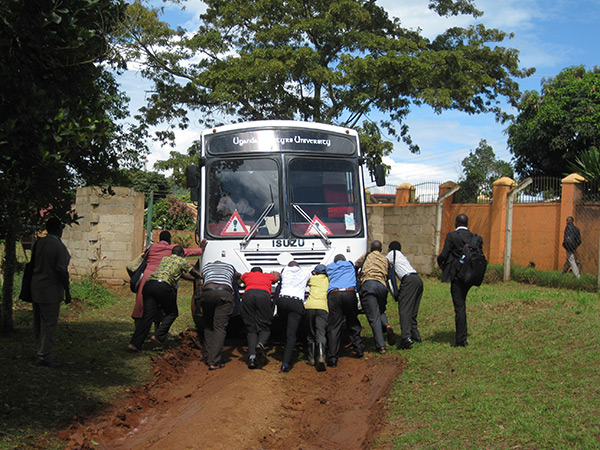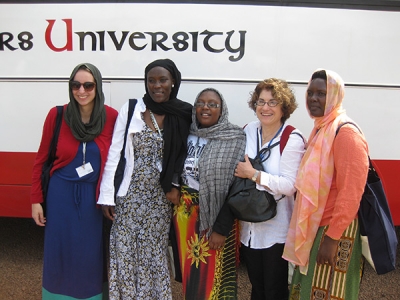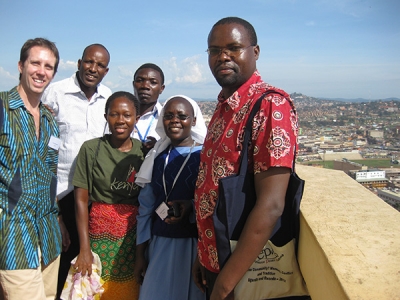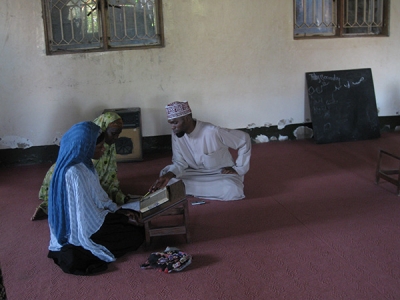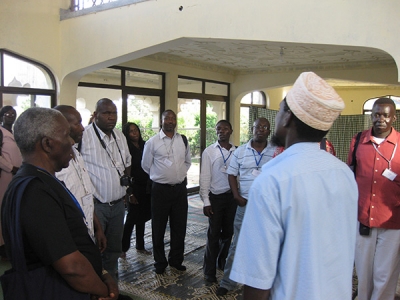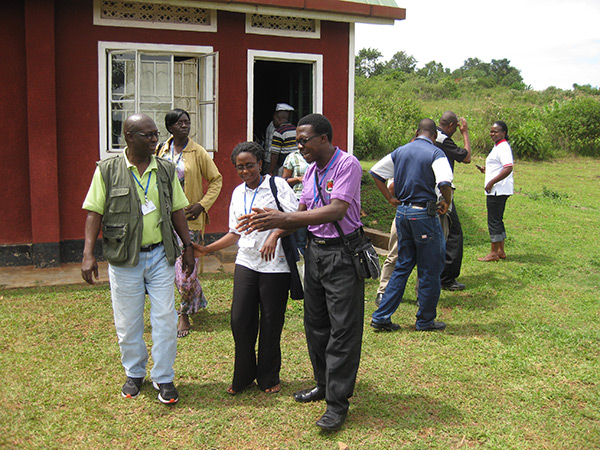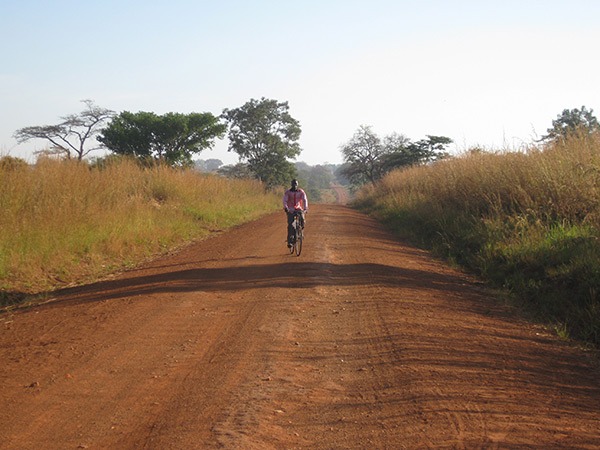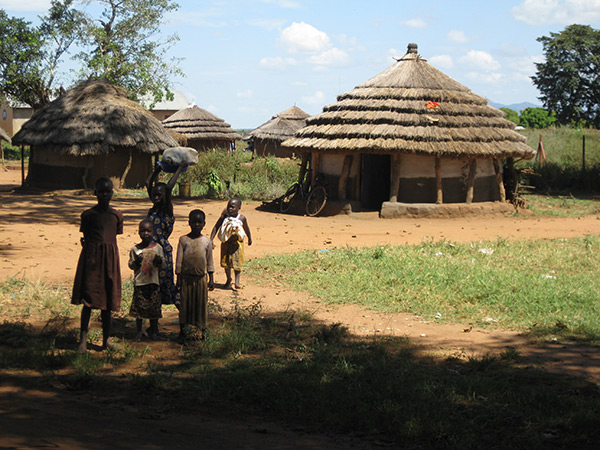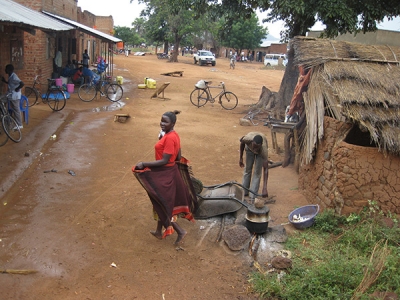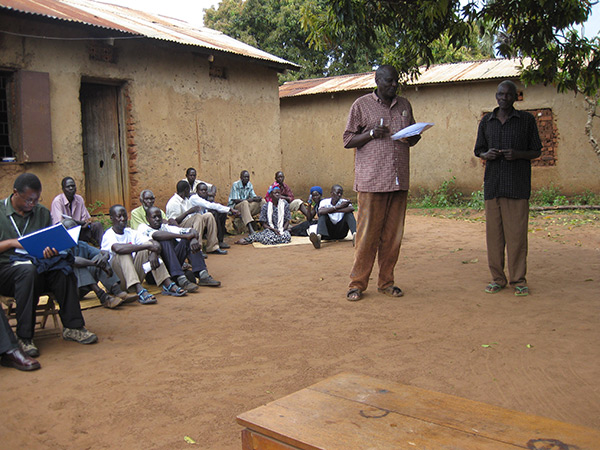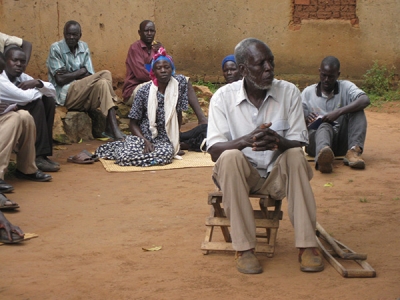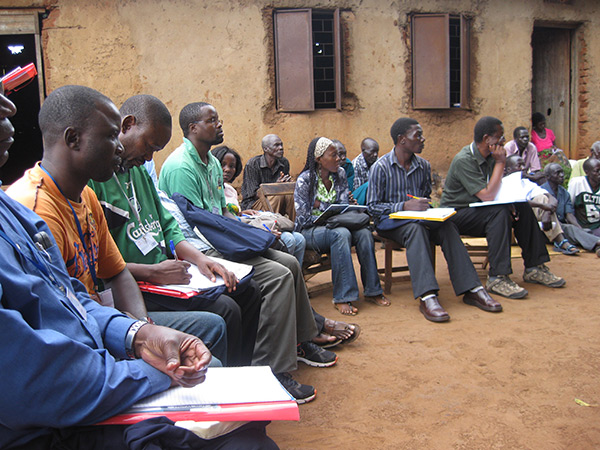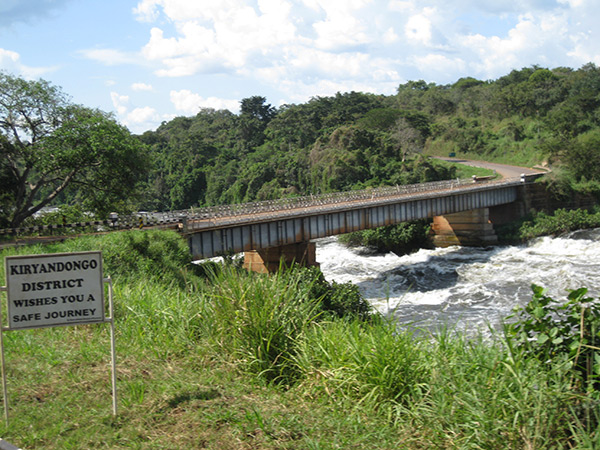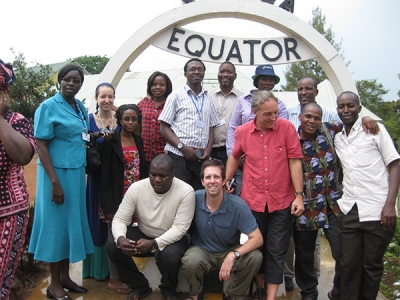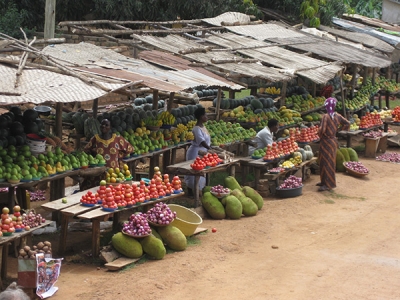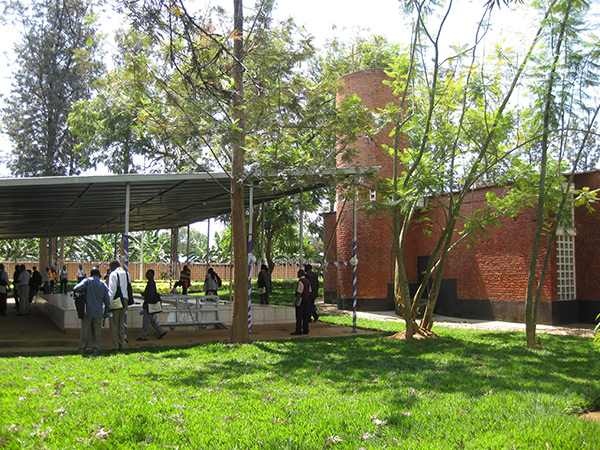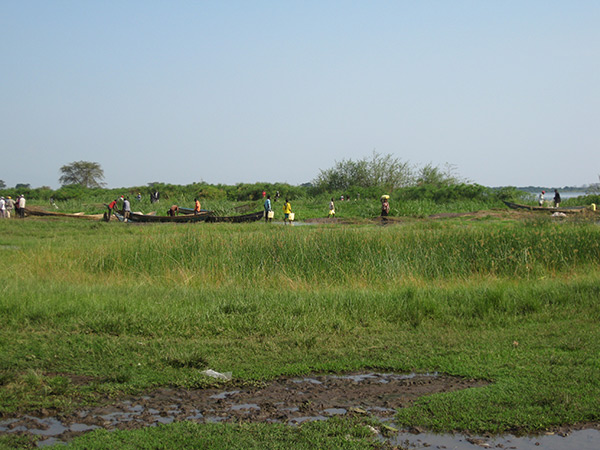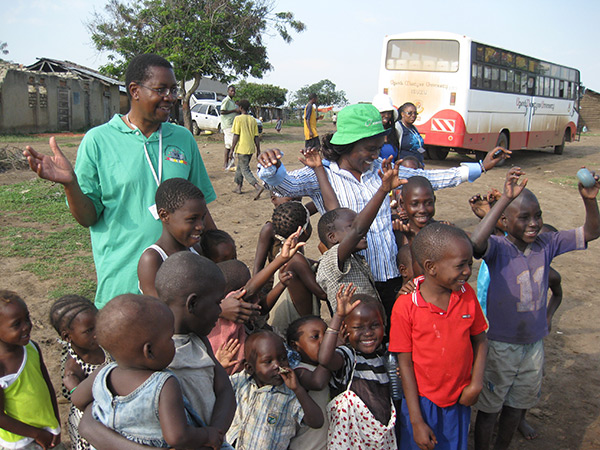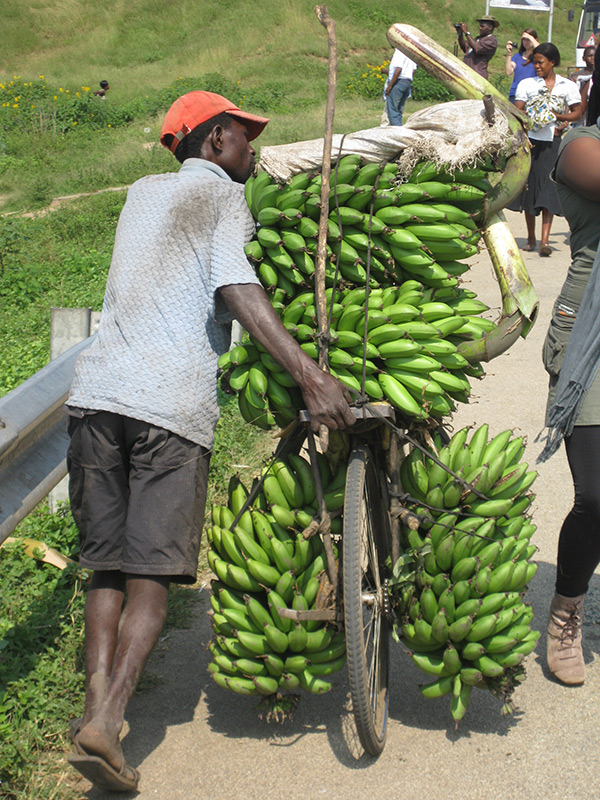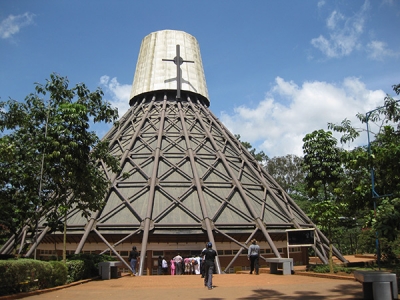December 2-15, Kampala and Gulu, Uganda & Kigali, Rwanda
The Equator Peace Academy (EPA) is based in the Great Lakes region of Africa, which has witnessed shocking conflicts in the past that continue today. Within the past two decades alone, the region has seen multiple horrors: the corpses hundreds of thousands of murder victims floating down the rivers of Rwanda, innocent civilians driven from their homes and massacred in Burundi and Uganda, hundreds of thousands killed in ethnic violence in the Democratic Republic of Congo, tens of thousands killed or exiled in racial and religious conflicts in South Sudan, thousands of people crammed into Internally Displaced Persons camps in Kenya and refugees faced with forced repatriation in Tanzania. It is a region that has failed to learn from its past experiences; members of a particular ethnic, religious, or political affiliation and race have often meted out violence against those who appear different and are regarded as “others” and so beyond the “borders” of any relationship.
“When we begin to appreciate each other’s narratives, we can begin to live differently.”
(EPA Fellow, 2012)
At the 2012 EPA in Uganda, fellows focused on the northern and central regions of the country and travelled also to Rwanda. In the north they confronted the aftermath of two decades of war between the Lord’s Resistance Army (LRA) and the Uganda government. They interacted with parents of abducted children of the Aboke Girls Secondary School; and they met with survivors of the Barlonyo massacre in Lira District as well as former LRA commanders and Uganda People’s Defence Force (UPDF, the national army) commanders involved in the war. In addition, fellows interacted with cultural, religious and civic leaders who attempt to provide leadership in addressing post-conflict issues in the aftermath of the war.
In central Uganda, fellows met with the officials of the Kingdom of Buganda, which is central to the history of Uganda. The very name Uganda is derived from Buganda. During the British colonization of Uganda, Buganda collaborated with the colonizers. To date, any government that comes to power has to deal with this issue. The questions that fellows confronted in Buganda turned on the special status of the Kingdom of Buganda within the Ugandan state and its meaning for different notions of community and for historical identities in Buganda, Uganda, and indeed the Great Lakes region as a whole.
In Rwanda, fellows came face to face with the aftermath of the 1994 Tutsi genocide and Hutu massacres. After they visited National Genocide Memorial sites, churches where the genocides took place, and mass graves, they struggled with the consequence of those events in terms of memory, responsibility and the construction of a post-conflict sense of community.
Fellows had an opportunity to compare and contrast the sites identified in the context of their Ugandan and Rwandan experiences, as well as in light of the experiences beyond the Great Lakes region. It is hoped that our unique mode of inquiry will both open the door for communicating durable solutions to policy-makers in Uganda and Rwanda and influence the academic conversations dealing with the human condition in the Great Lakes region and beyond.

